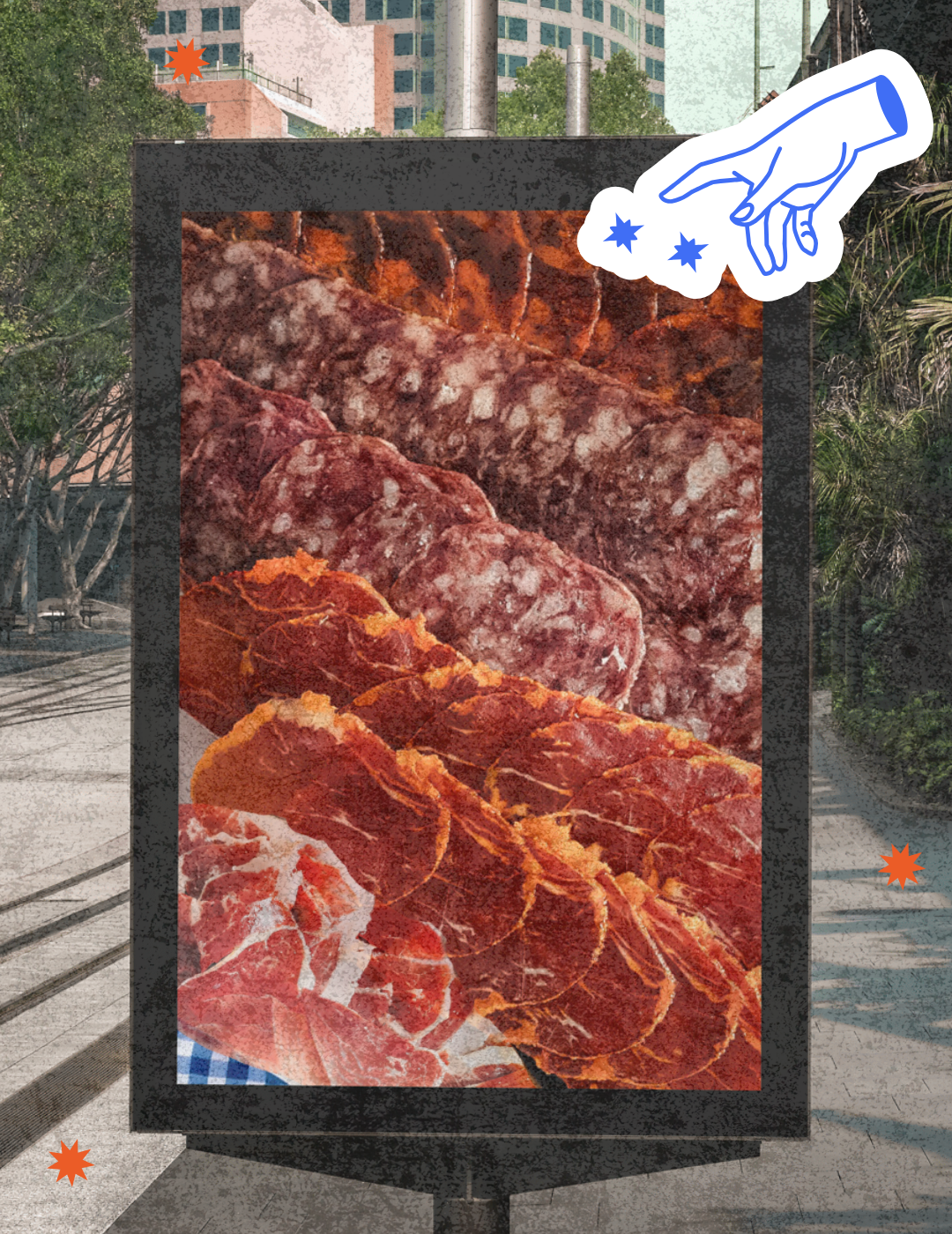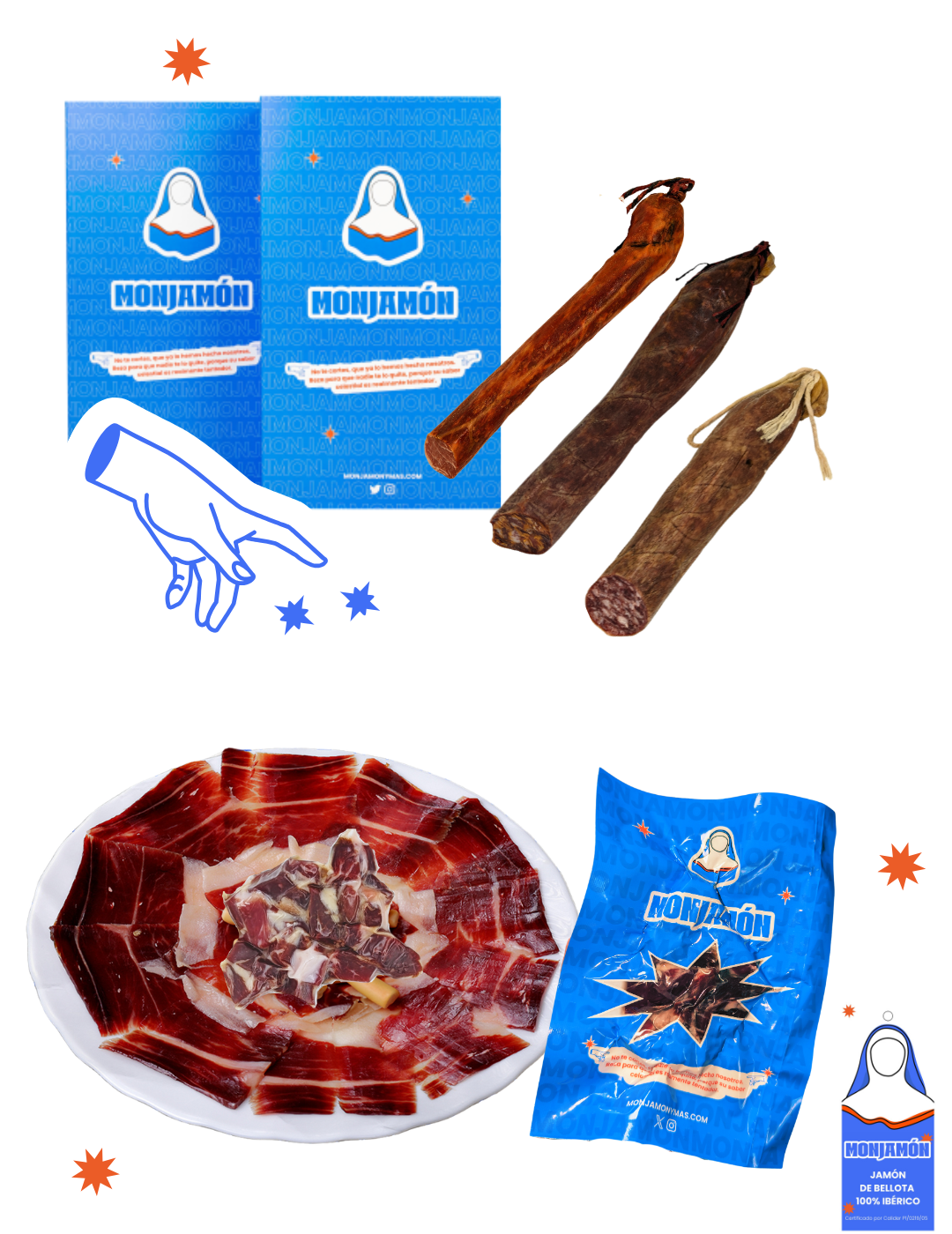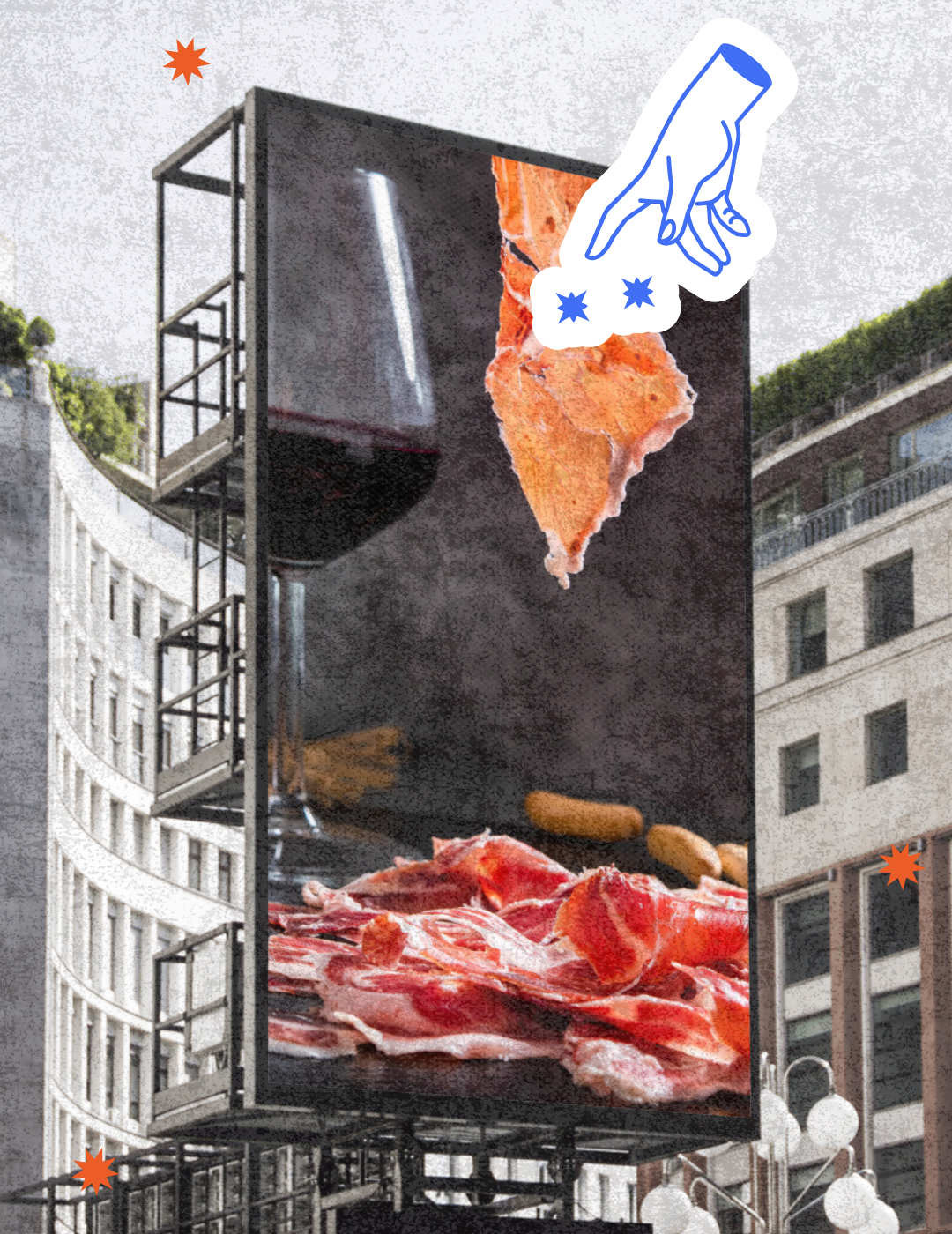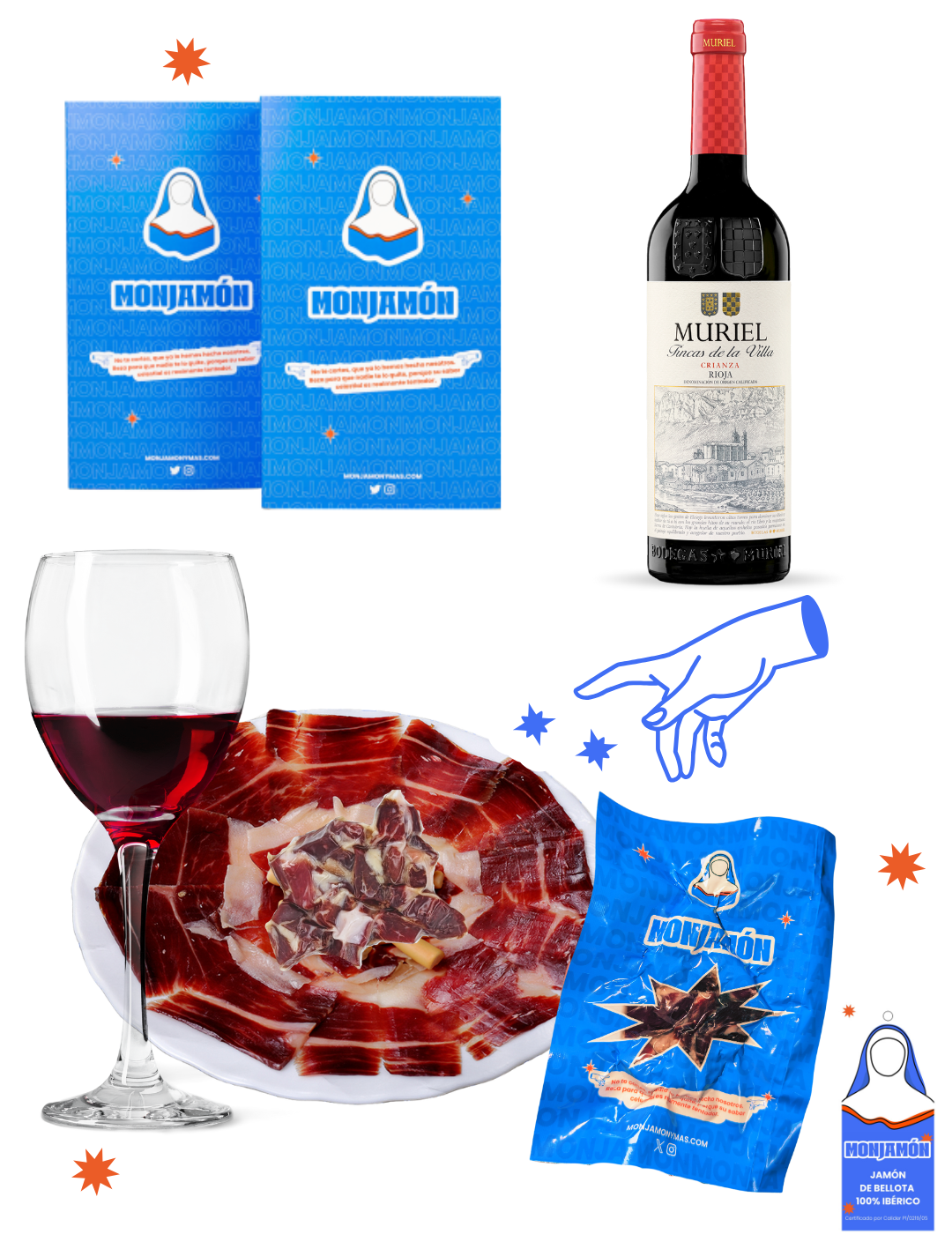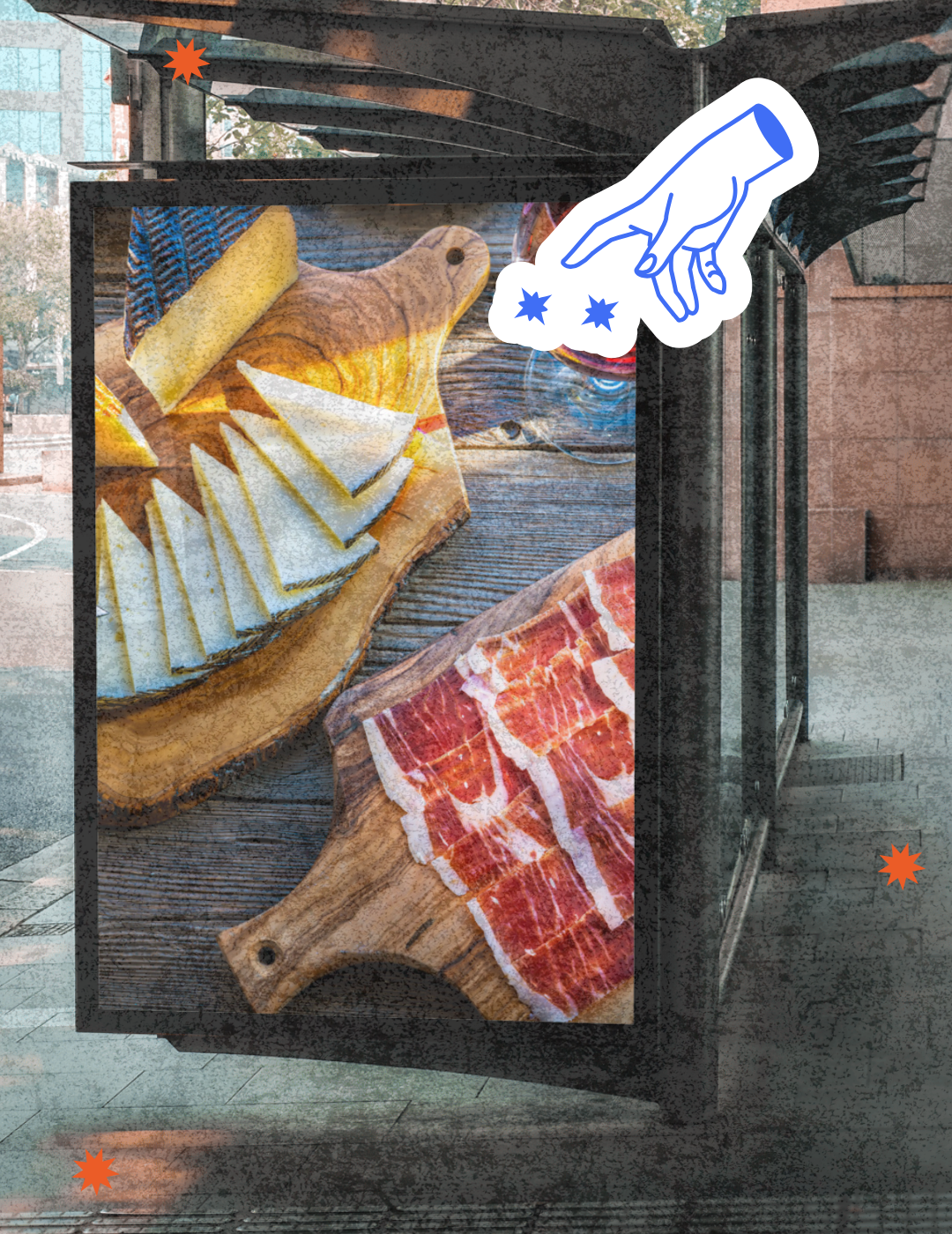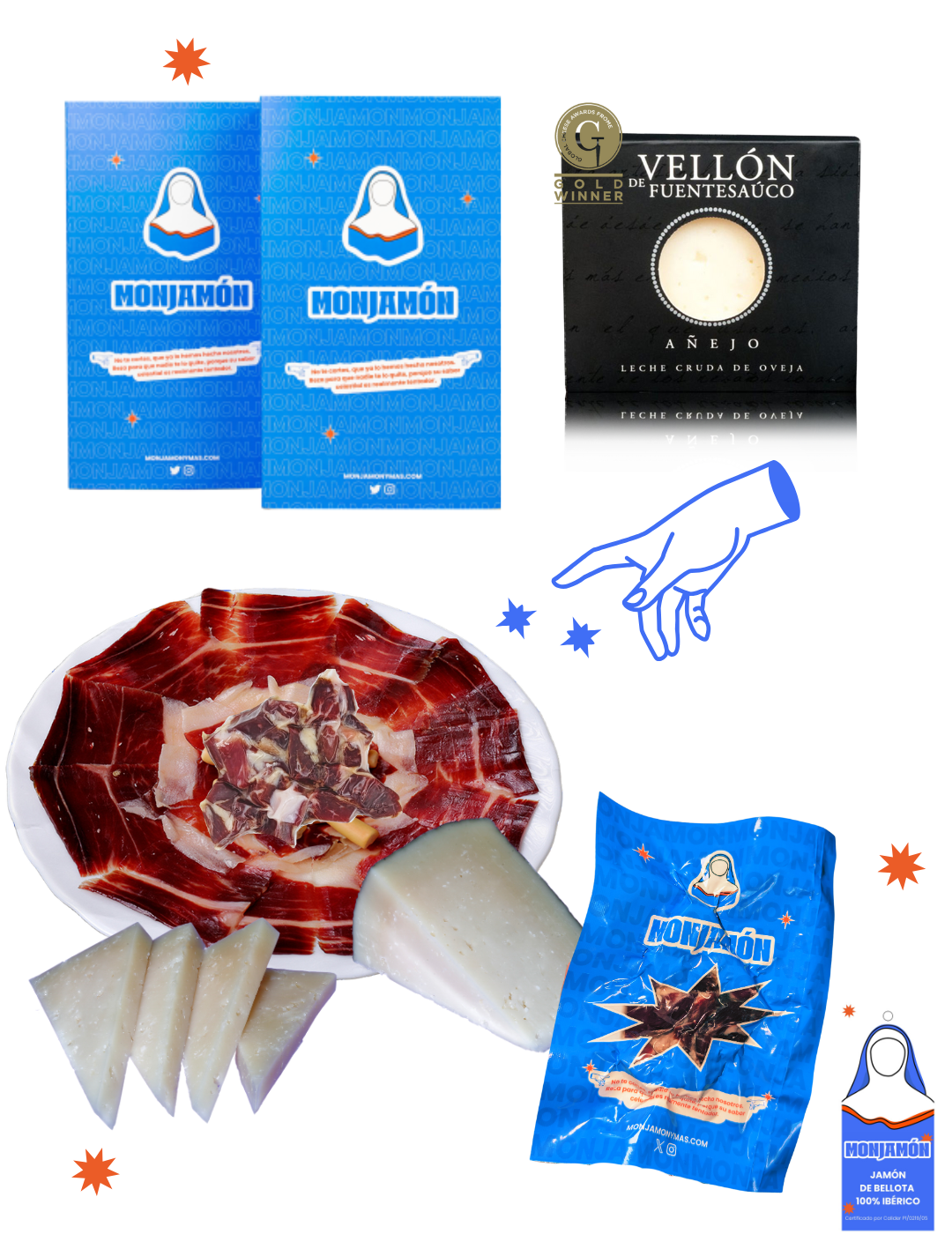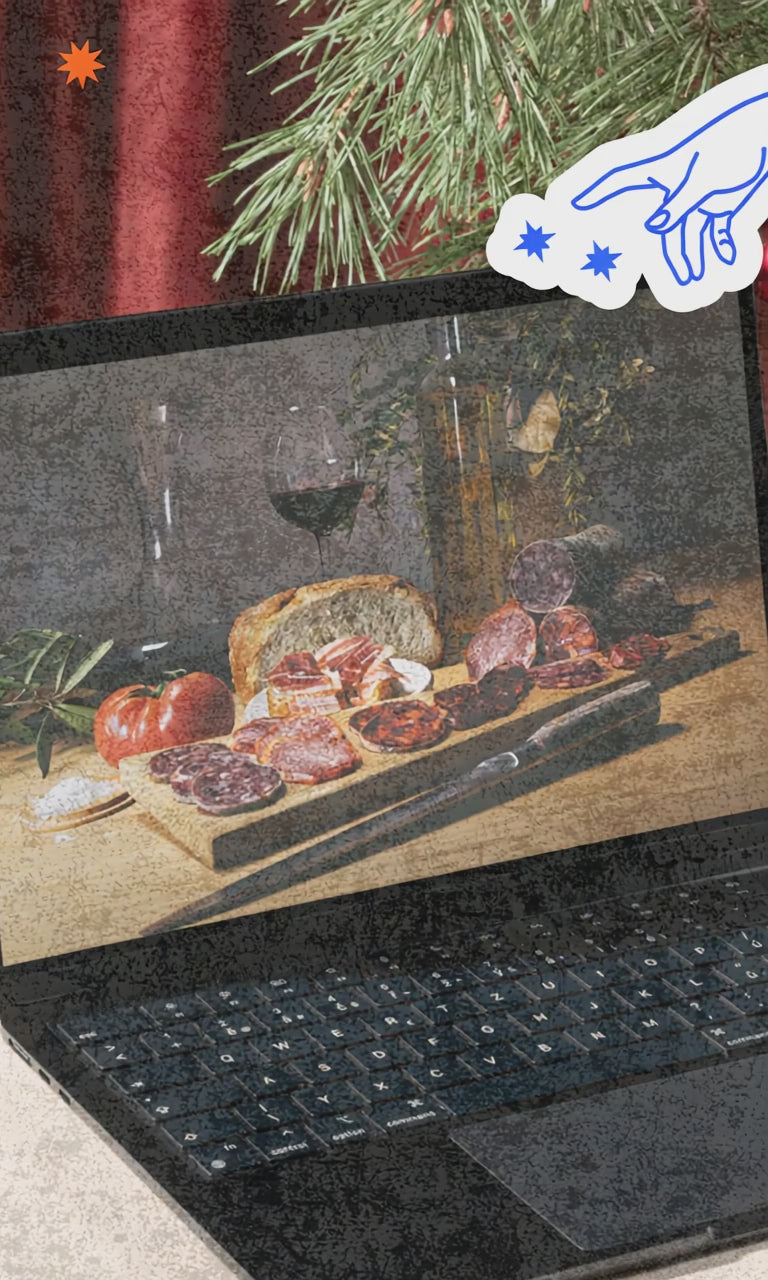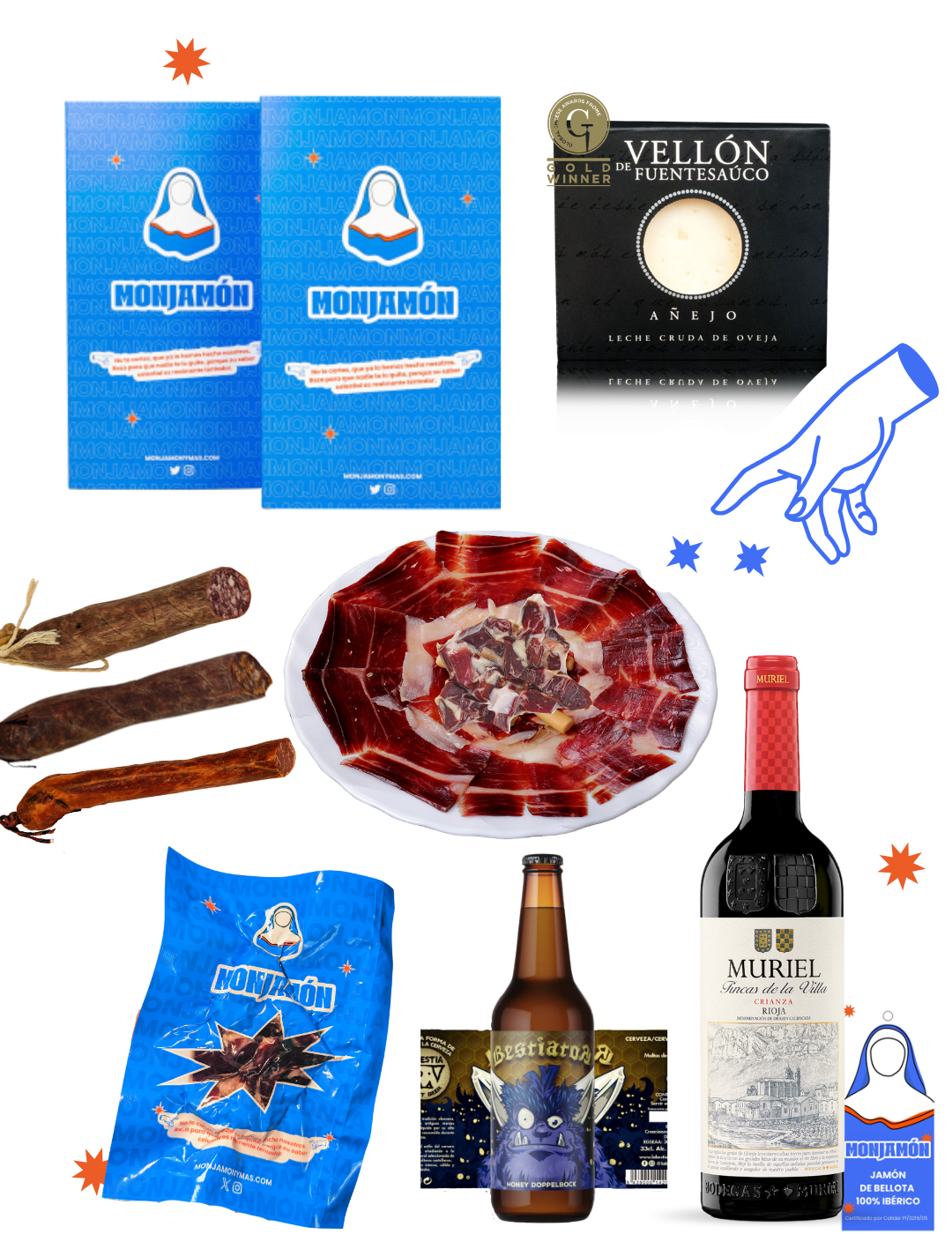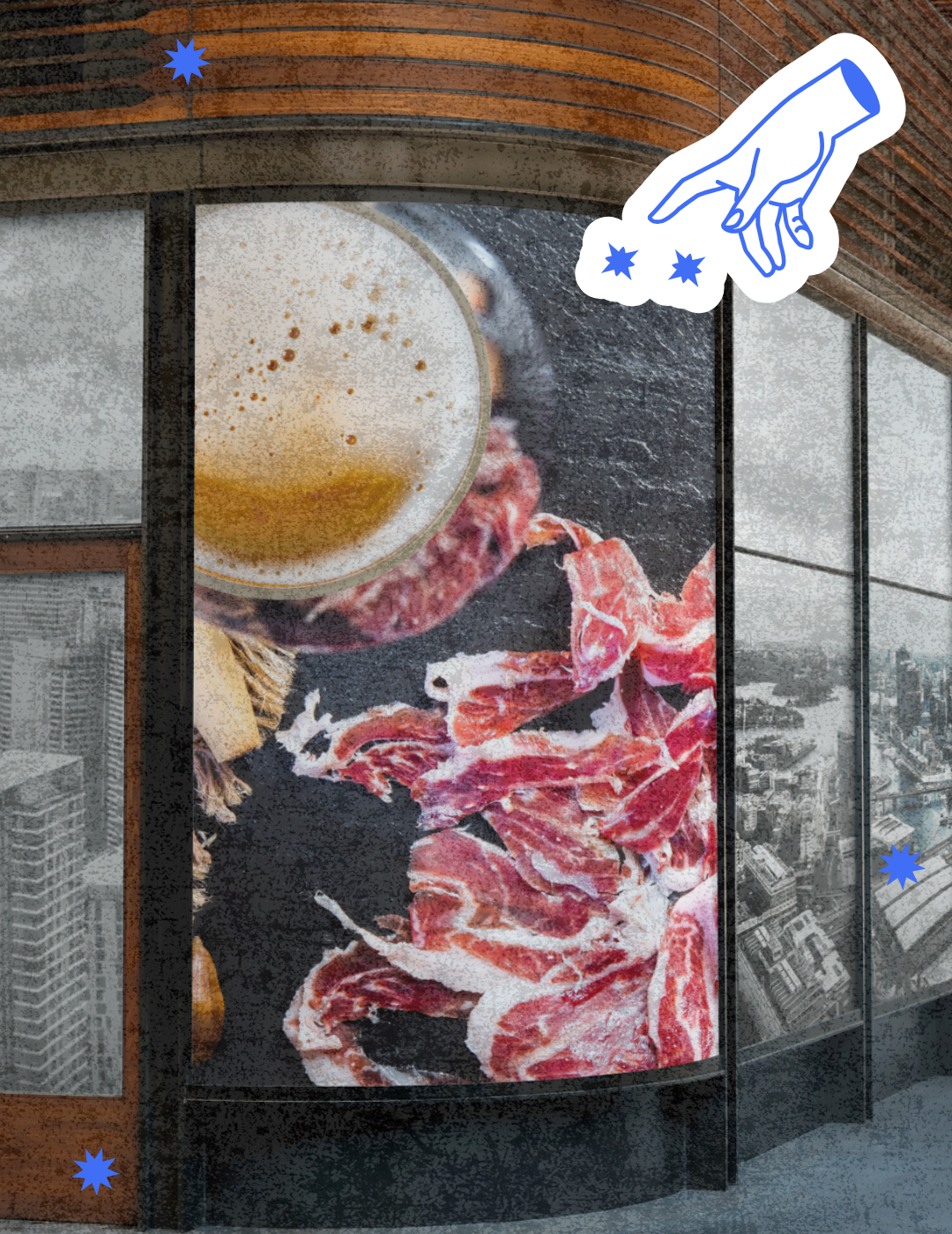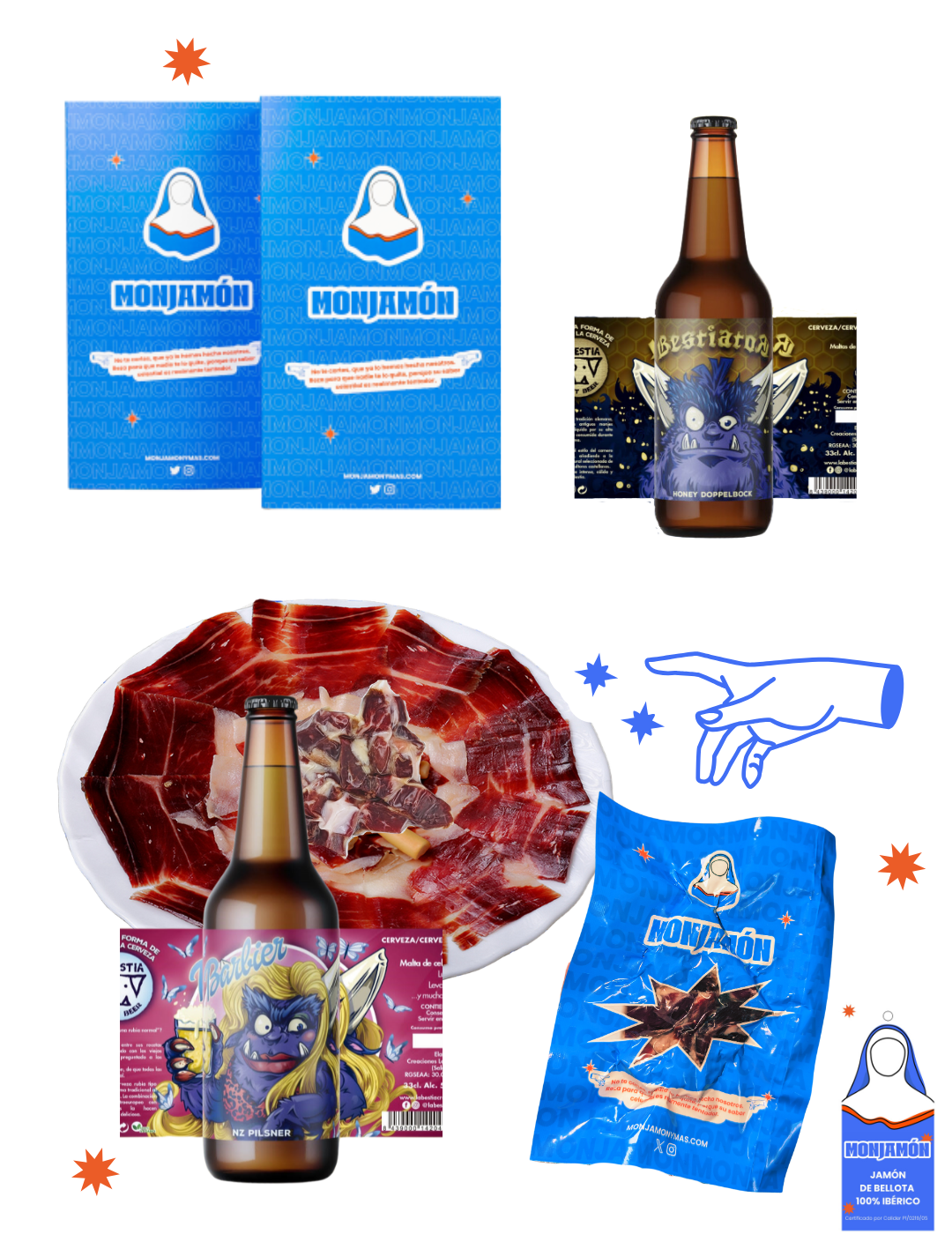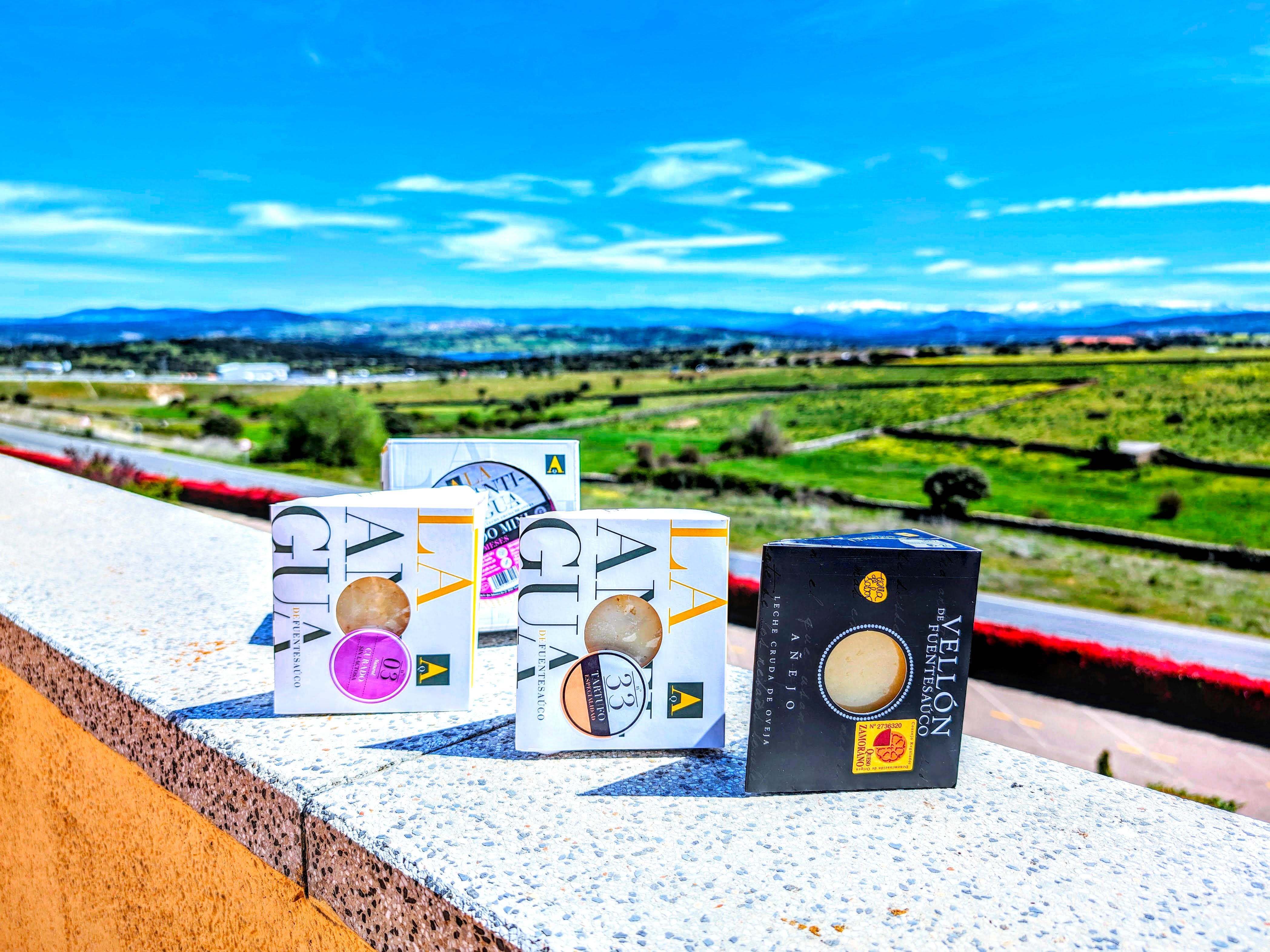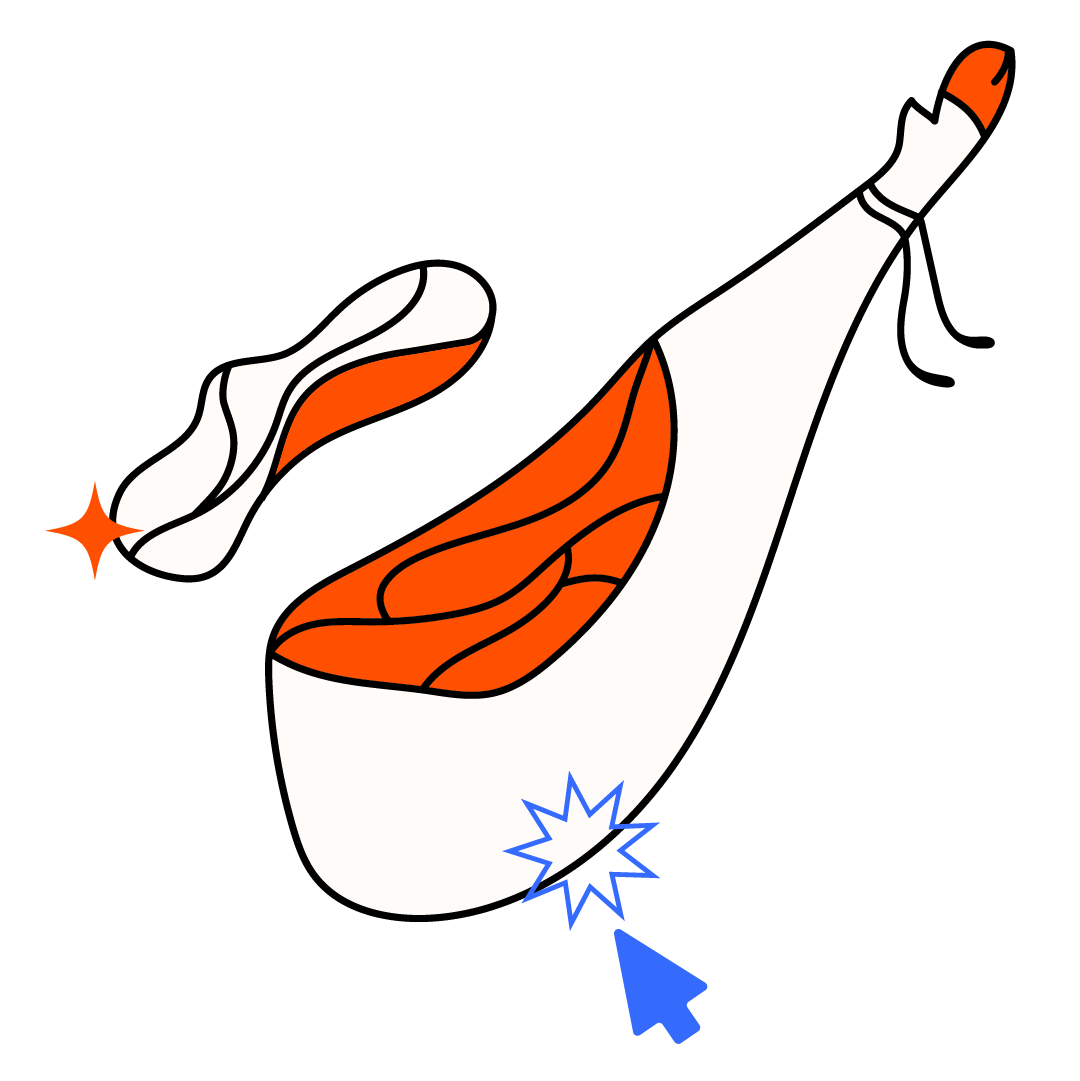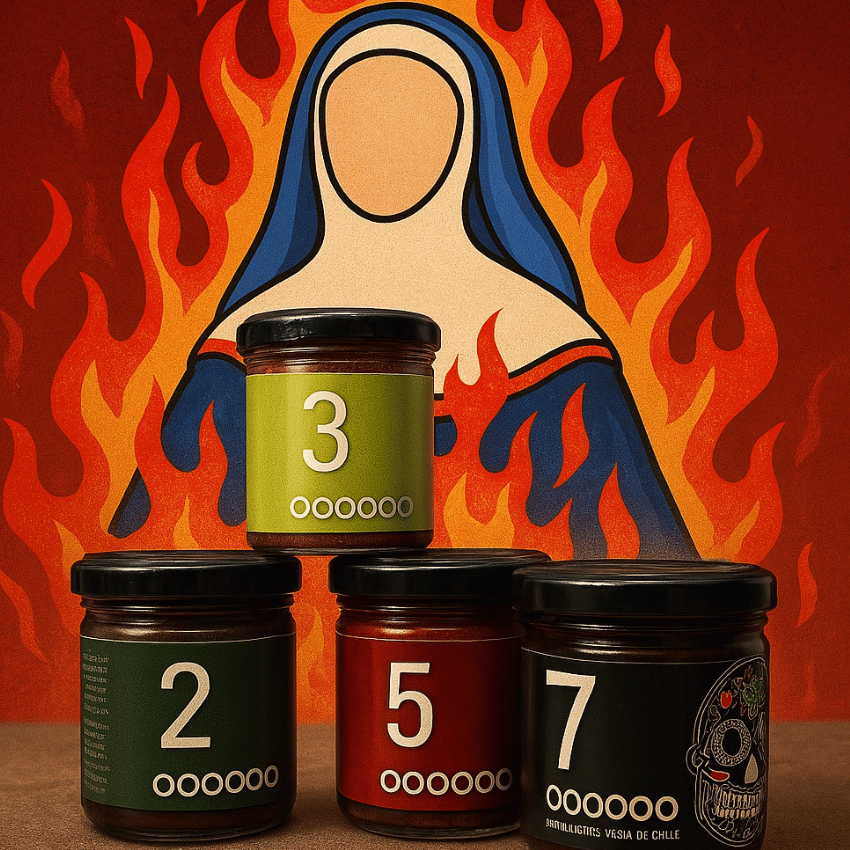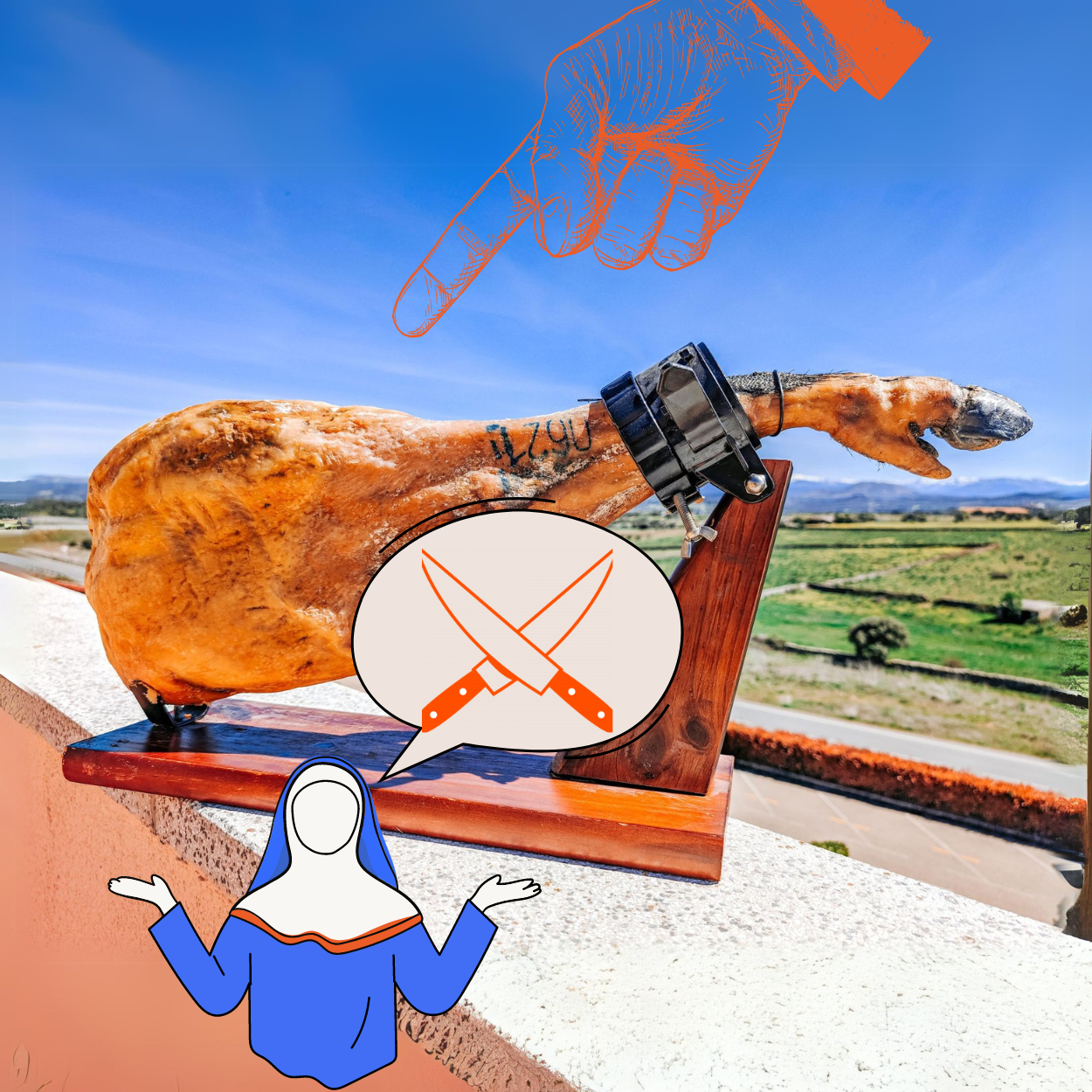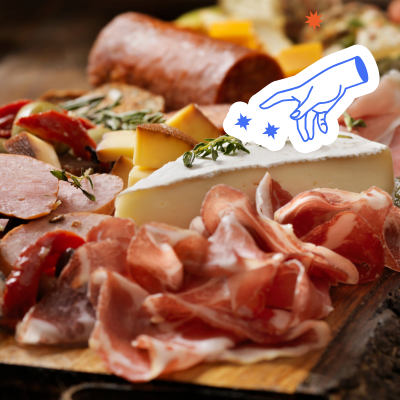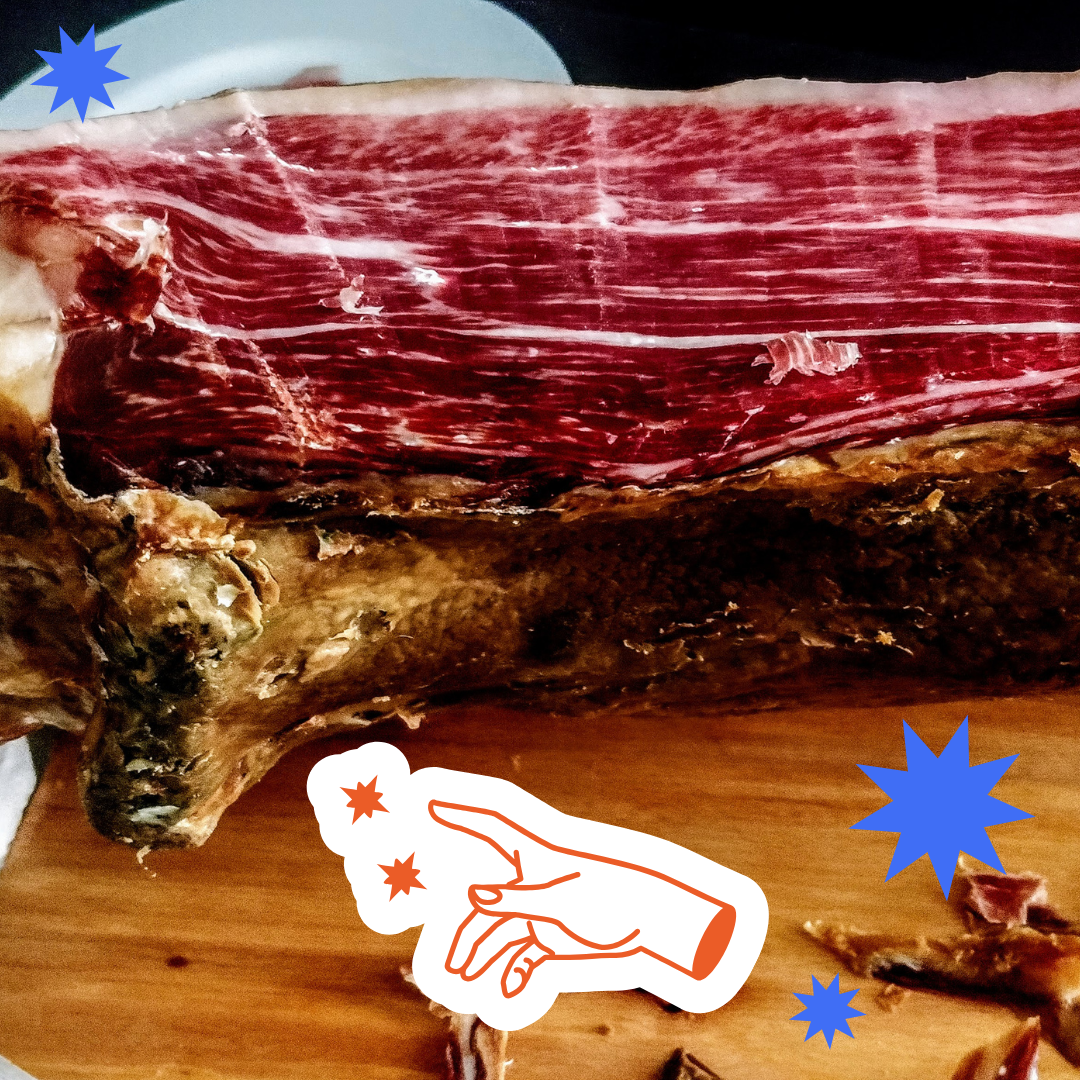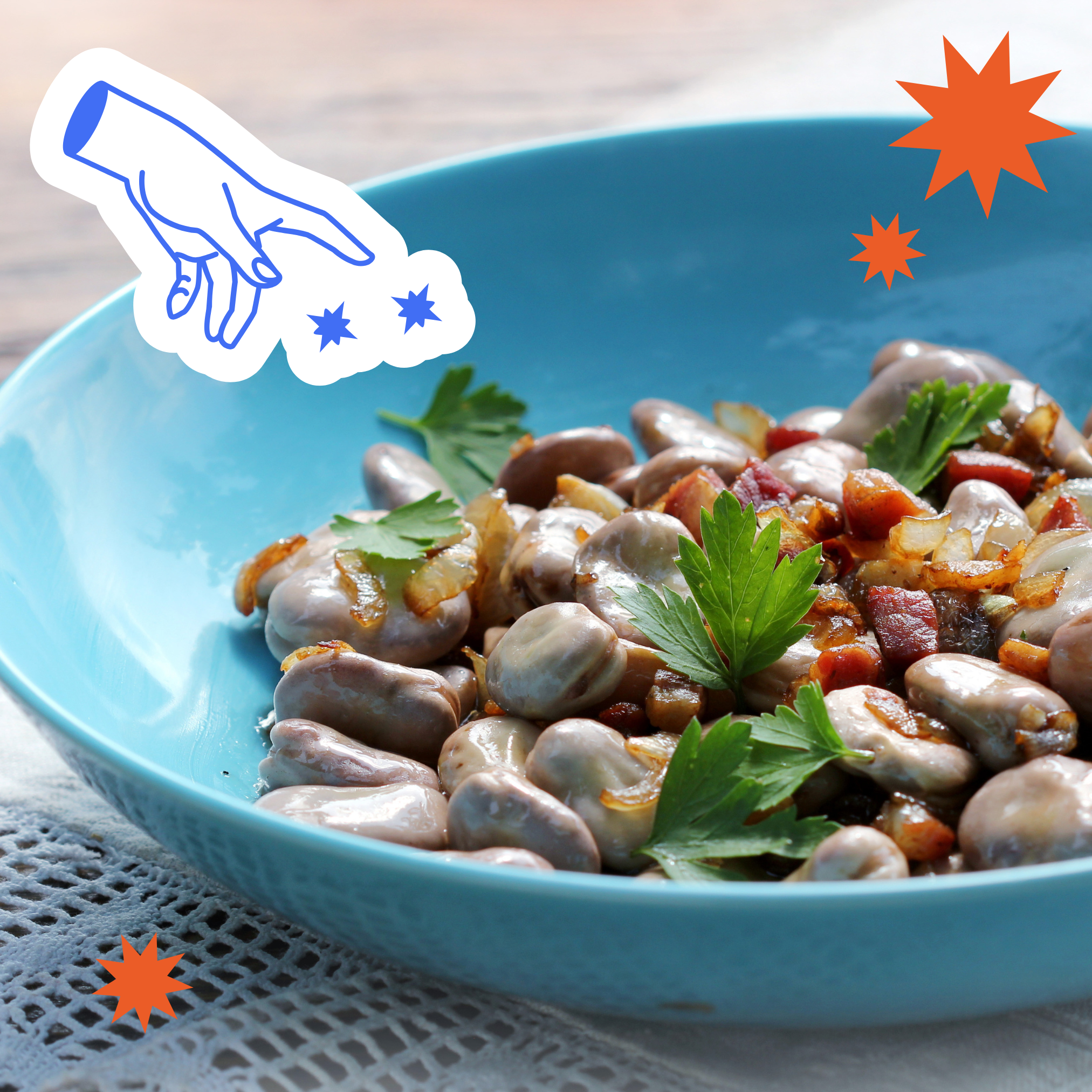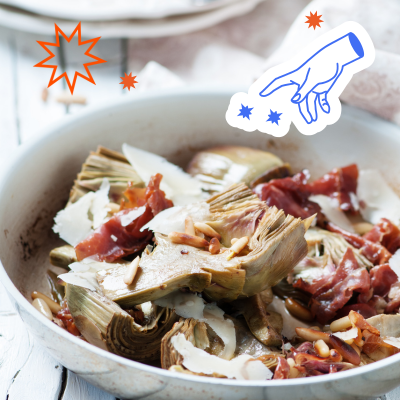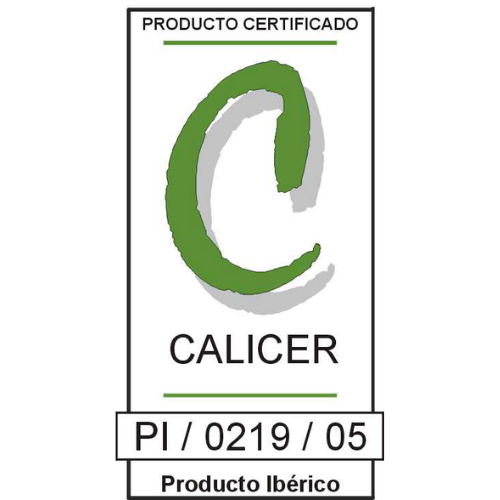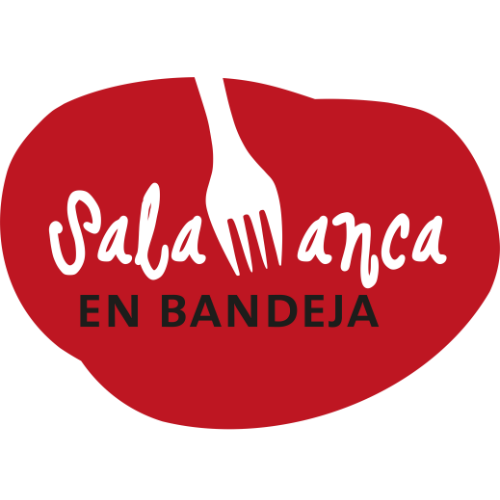Iberian acorn-fed ham is one of the best-known foods in Spain . And also, one of the oldest. Its origins date back to before the arrival of the Romans to the peninsula in the 3rd century BC.
Legend has it that long, long ago, in the 13th century, some shepherds who were working in the fields of Extremadura saw one of their pigs drown in a river whose waters were very salty. When they pulled it out, they decided to cook it and found that the salt in the water gave it an exquisite flavour, especially in its legs . After this discovery, and knowing the preservative power of salt, they began to investigate until they found the right salting process that would allow them to preserve the meat in the best conditions and with the best flavour.
Okay, maybe there are some made-up parts to the legend. But whatever the case, it is still a nice story to tell about the origin of one of the key pieces of Spanish gastronomy. But let's start at the beginning.
The origins
The pig arrived on the peninsula at the hands of the Phoenicians in 1100 BC. It arrived in Gádir, present-day Cádiz. The climate of the peninsula and the native vegetation favoured the growth of the animal, which spread throughout the peninsula.
The creation of ham began, like most great discoveries, thanks to a series of coincidences and specific events that occurred over time . The Iberians, due to their nomadic nature, transported the meat for a long time, preserving it among their animals and equipment. Placing it in a dark place next to the sweat of the animals generated a saltpeter that helped preserve the pieces for longer.
For the Celts, the pig was also fundamental. It became an essential animal present in their lives, both as an object of worship, as food or as a product for barter. Although the peninsula already had a great reputation as a producer of pigs, it was with the arrival of the Romans in the 2nd century BC when it reached the maximum popularity that it still maintains today.
During the Roman Empire, pig slaughter was institutionalized . It was carried out by the cook, or coquus, who was usually a highly influential slave. Little by little, they began to specialize in this animal and acquired the name of vicaruis supra cenas , forming the Collegium Coquorum, which was made up of the most expert in the field.
The Romans' observational ability allowed them to develop the salting process, which is not very different from the one we know today. They also focused on controlling the weather, choosing the right places to dry the pieces. Over the years, the process of making ham has been perfected until it reached its current state.
The Middle Ages arrived
From the 12th and 13th centuries, livestock farming grew at the same time as the Christian kingdoms of the north advanced southwards. During this period, peasants had increasing access to pig farming, although eating their meat was still synonymous with power and nobility. Little by little, pig slaughter and the production and preparation of sausages were introduced into towns and villages , which celebrated festivals around them.
It was from the 13th century onwards, due to this expansion of livestock farming, that we began to see herds of pigs in freedom and in a semi-wild state in areas that we now know as pastures , where they began to feed on the famous acorns that give them such a good flavour.
Until now
As you can see, the pig has always been part of Spanish culture. Not only in the culinary field, but also in literature, where great writers such as Cervantes and Tirso de Molina have included this noble animal.
In many villages, the slaughter is still a big celebration full of people, music, traditions and food. Fortunately, pork meat now reaches many more people.
At Don Ibérico we love history and we love pork, which is why we continue to work in an artisanal way, making our Iberian products as they used to do, by hand, with care and a lot of love. We do not use strange ingredients, nor do we have large robotic machines that carry out the entire process. We continue to work without tricks and only use those technological improvements that allow us to maintain the flavour and tradition of always.
NEW
PACKS DON'T BE SCARED


